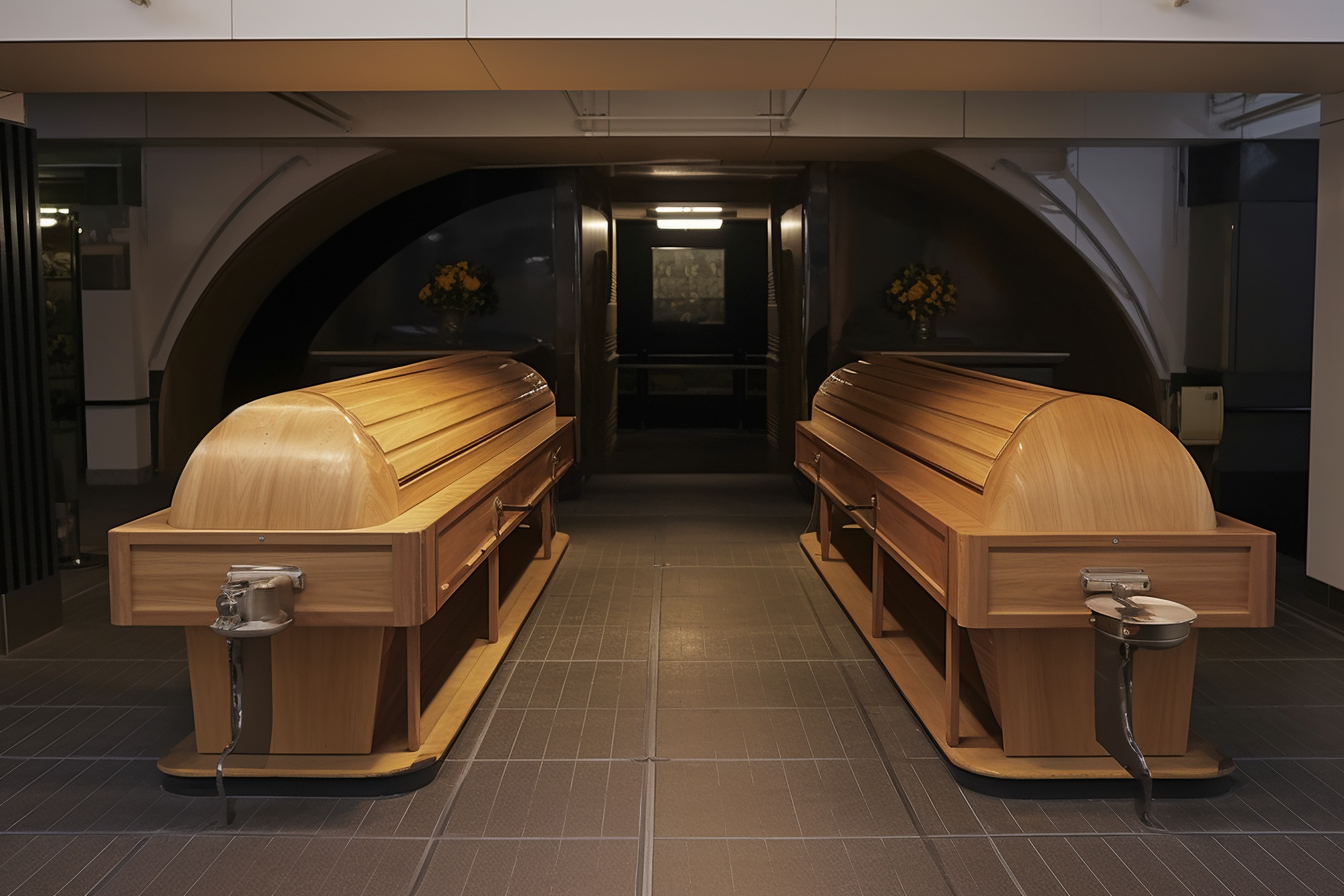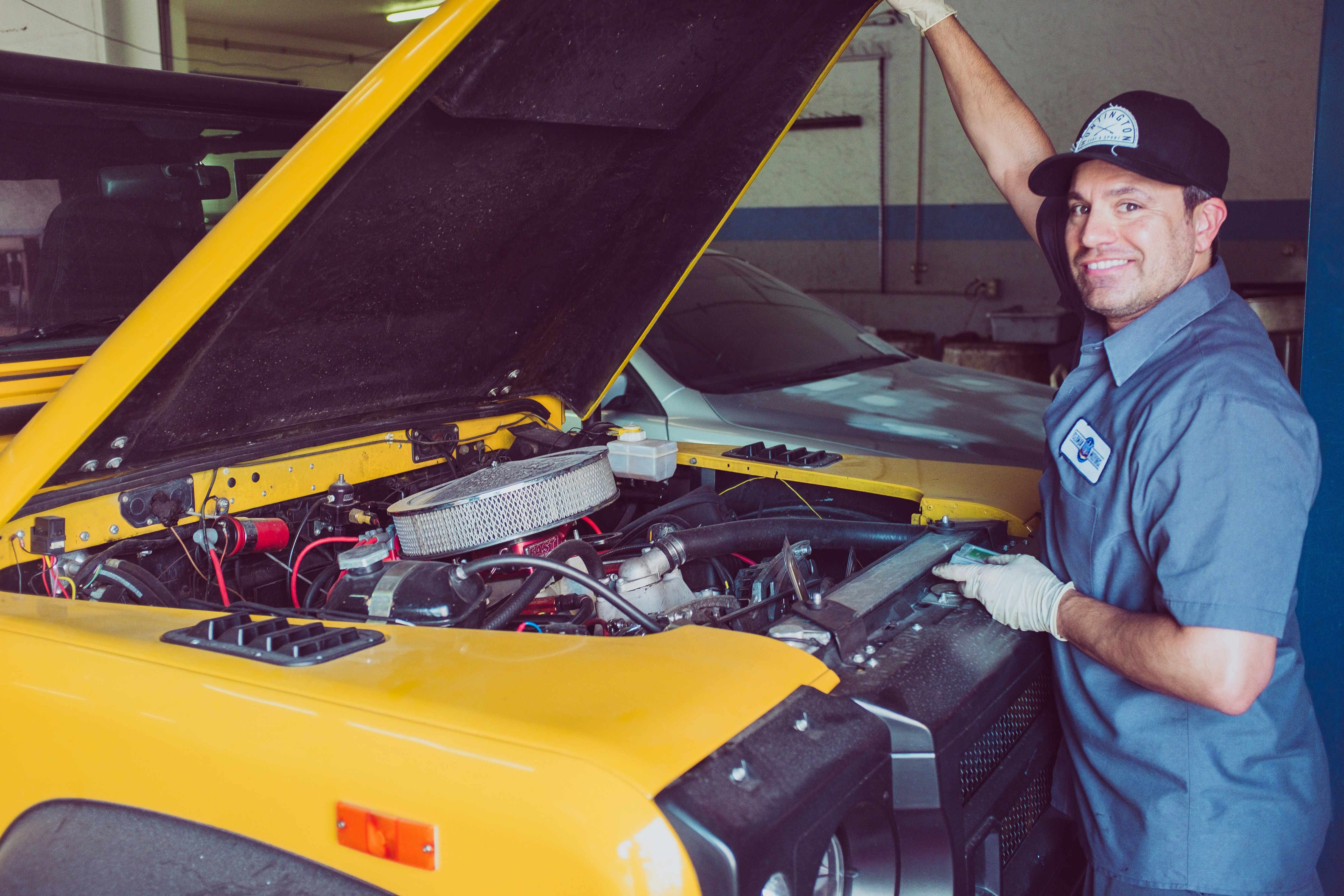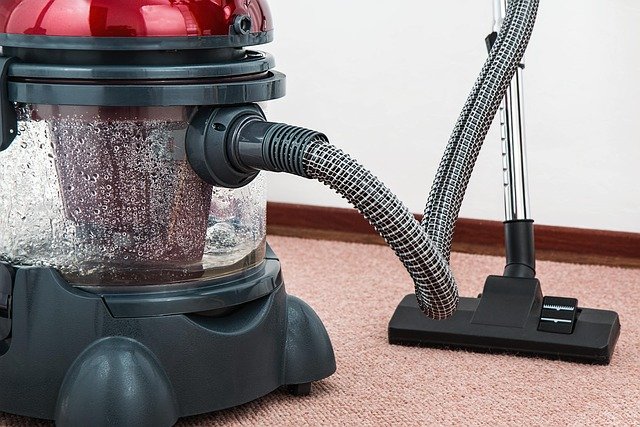Understanding Cremation Services in the UK
Cremation services have become the preferred choice for many families in the UK, with over 75% of people now choosing cremation over burial. This method offers a dignified way to honour loved ones while providing flexibility in memorial arrangements. Understanding the various aspects of cremation services, from process steps to costs and provider options, helps families make informed decisions during difficult times. Modern cremation services range from simple, direct arrangements to more comprehensive packages that include ceremonies and additional memorial options.

How Direct Cremation Providers Operate
Direct cremation providers offer streamlined services without traditional funeral ceremonies at the crematory. These providers collect the deceased, handle necessary paperwork, and perform the cremation with minimal additional services. The approach focuses on efficiency and cost-effectiveness while maintaining dignity and respect throughout the process.
Many direct cremation providers operate with transparent pricing structures and online booking systems. They typically offer unattended cremations, meaning no mourners are present during the actual cremation process. Families receive the ashes afterward and can arrange their own memorial services at locations and times that suit their preferences. This flexibility allows for personalised celebrations of life without the constraints of traditional funeral home schedules.
Understanding Cremation Process Steps
The cremation process follows strict regulatory procedures to ensure dignity and proper handling. Initially, the deceased is placed in a simple coffin or container, which must be combustible and environmentally appropriate. Before cremation begins, all necessary paperwork must be completed, including medical certificates and cremation permits.
The actual cremation takes place in a specially designed chamber heated to temperatures between 800-1000 degrees Celsius. The process typically takes 60-90 minutes, depending on various factors. Afterward, any metal items such as implants or jewellery are removed using magnets, and the remaining bone fragments are processed into fine ash. The ashes are then placed in a temporary container or urn chosen by the family, ready for collection or scattering according to their wishes.
Examining the Cost of a Simple Cremation
Simple cremation costs vary significantly across the UK, influenced by location, provider, and specific requirements. Direct cremation typically represents the most affordable option, with prices generally ranging from £800 to £1,500. This cost usually includes collection of the deceased, basic coffin, crematory fees, and return of ashes to the family.
Traditional cremation services with ceremonies cost considerably more, often between £3,000 and £5,000, including funeral director services, hearse, ceremony arrangements, and crematory fees. Additional expenses may include celebrant fees, flowers, catering, and upgraded urns or memorial options. Geographic location significantly impacts pricing, with services in London and other major cities typically costing more than those in rural areas.
| Provider Type | Service Level | Estimated Cost Range |
|---|---|---|
| Direct Cremation Providers | Basic cremation only | £800 - £1,500 |
| Traditional Funeral Directors | Cremation with ceremony | £3,000 - £5,000 |
| Premium Services | Full-service with extras | £5,000 - £8,000+ |
Prices, rates, or cost estimates mentioned in this article are based on the latest available information but may change over time. Independent research is advised before making financial decisions.
What Witness Cremation Involves
Witness cremation allows family members or friends to be present when the cremation begins, providing closure and personal involvement in the final farewell. This service bridges the gap between direct cremation and traditional funeral services, offering a meaningful experience without extensive ceremony costs.
During witness cremation, a small group of mourners can gather at the crematory to observe the coffin entering the cremation chamber. The process typically includes a brief moment of reflection or prayer, allowing attendees to say final goodbyes in a more intimate setting. Most crematoriums accommodate witness cremations with advance notice, though group sizes are usually limited to ensure appropriate facilities and maintain the solemnity of the occasion.
Choosing Local Services in Your Area
Finding appropriate cremation services in your area requires research into local providers, crematoriums, and pricing structures. Most areas have multiple options, from large funeral home chains to independent operators and specialist direct cremation companies. Local crematoriums often maintain lists of approved funeral directors and direct cremation providers who regularly use their facilities.
When evaluating local services, consider factors such as reputation, pricing transparency, available options, and staff professionalism. Many providers offer initial consultations to discuss requirements and explain their processes. Reading reviews and seeking recommendations from others who have used local services can provide valuable insights into service quality and customer satisfaction levels.
Understanding cremation services empowers families to make informed decisions that align with their values, budget, and memorial preferences. Whether choosing direct cremation for its simplicity and affordability, or opting for witnessed cremation to provide closure, each option offers a respectful way to honour loved ones. The key lies in researching local providers, understanding process steps, and selecting services that best meet individual family needs during challenging times.




